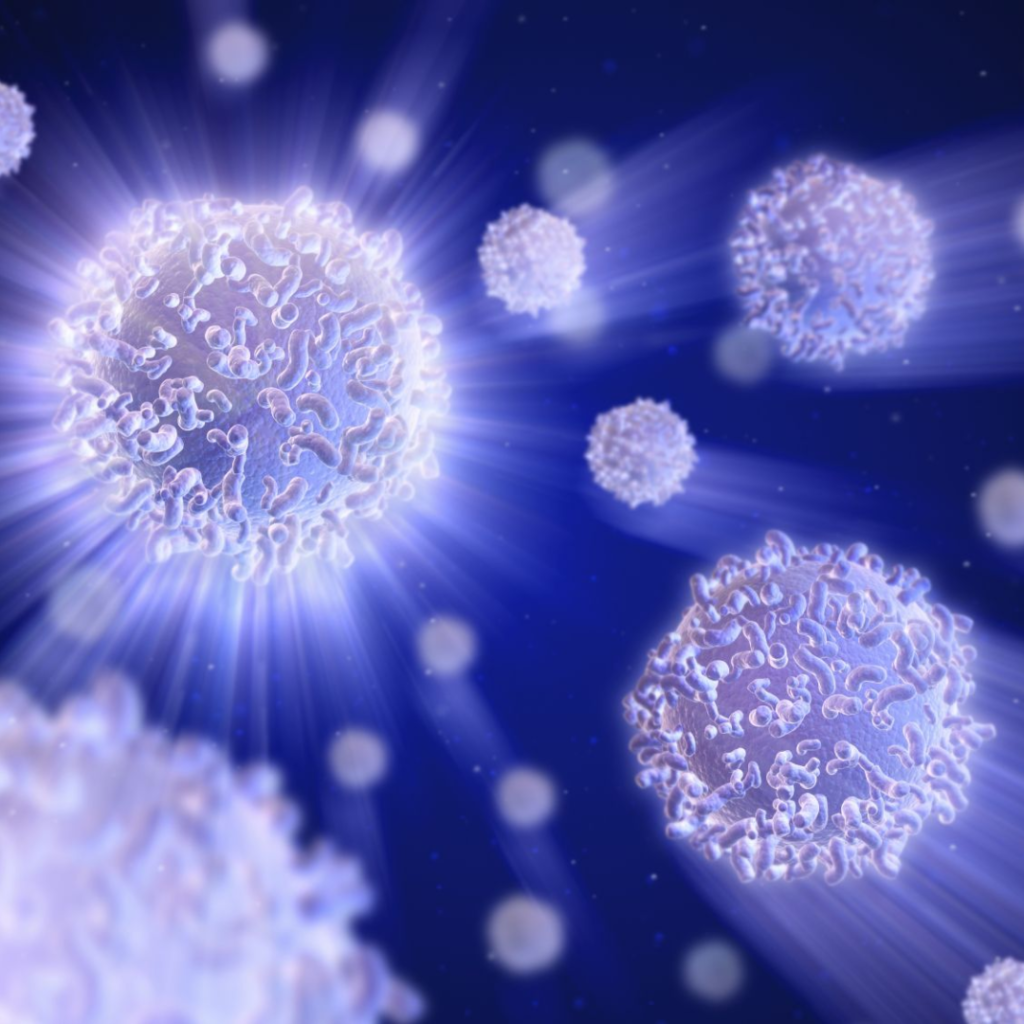
White blood cells (WBCs) also known as leukocytes play a vital role in defending our bodies against infections and diseases. If your white blood cell count is low, it may weaken your immune system and make you more susceptible to illnesses. Fortunately, there are several natural and lifestyle interventions you can adopt to increase your white blood cell count and enhance your immune system. Let us understand how we can increase the count of our soldiers who form the most important part of our body’s defence mechanism. In this article, we will explore effective strategies to boost your white blood cell count and strengthen your overall immunity.
What is White Blood Cell (WBC) Count?
White blood cell count (WBC) refers to the number of white blood cells present in a specific volume of blood. White blood cells are a crucial component of the immune system and play a vital role in defending the body against infections, diseases, and foreign substances. They help identify and destroy pathogens, produce antibodies, and regulate immune responses. Monitoring the WBC count is important in diagnosing and monitoring various medical conditions, such as infections, autoimmune diseases, allergies, and certain types of cancers. A normal WBC count typically ranges between 4,500 and 11,000 WBC per microliter of blood, although the specific range may vary depending on the laboratory and individual factors.
Types of White Blood Cells
There are several types of white blood cells, each with its own unique functions and roles in the immune system. The main types of white blood cells include:
- Neutrophils: Neutrophils are the most abundant type of white blood cells. They are responsible for combating bacterial infections by engulfing and destroying bacteria.
- Lymphocytes: Lymphocytes include B cells, T cells, and natural killer (NK) cells. B cells produce antibodies to neutralize pathogens, while T cells play a role in cell-mediated immunity, targeting infected cells and coordinating immune responses. NK cells are responsible for identifying and killing virus-infected cells and cancer cells.
- Monocytes: Monocytes are large white blood cells that can differentiate into macrophages or dendritic cells. Macrophages engulf and destroy pathogens, cellular debris, and dead cells. Dendritic cells present antigens to activate other immune cells.
- Eosinophils: Eosinophils play a role in allergic reactions and defense against parasitic infections. They release toxic substances to destroy parasites and modulate inflammation.
- Basophils: Basophils are involved in allergic responses and the release of histamine, which contributes to inflammation and allergic symptoms.
These different types of white blood cells work together to protect the body against infections and maintain a balanced immune response.
